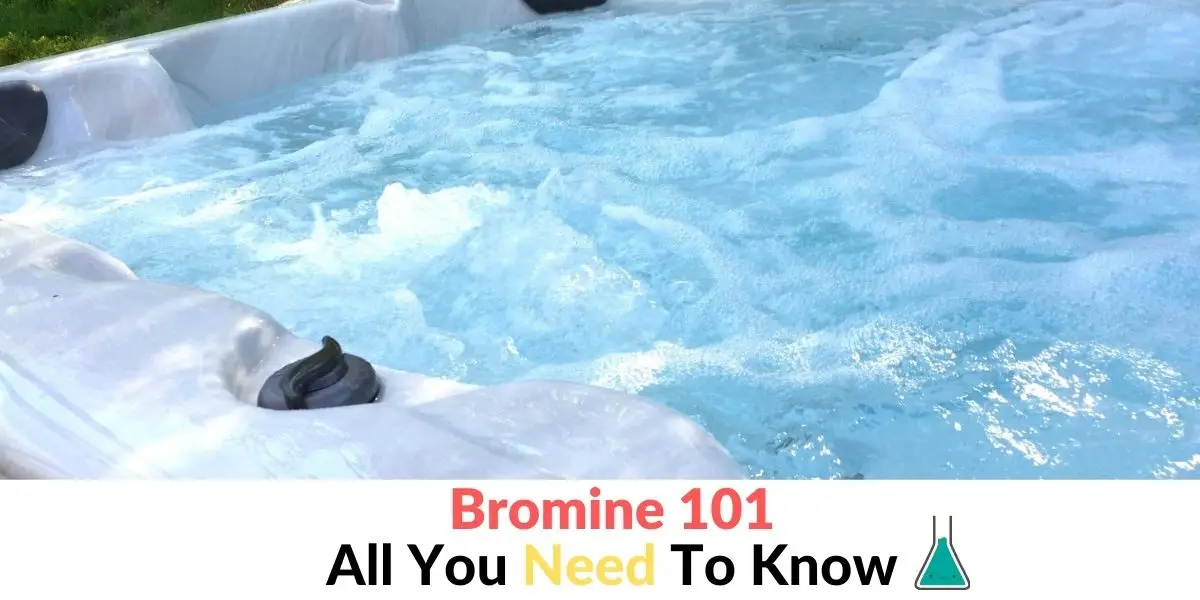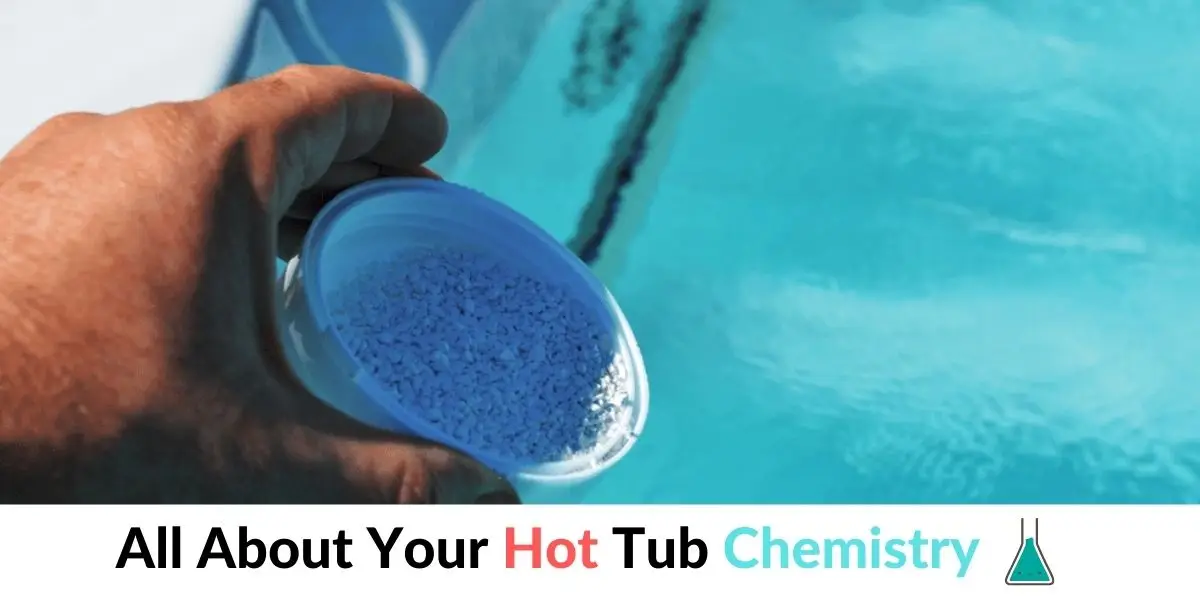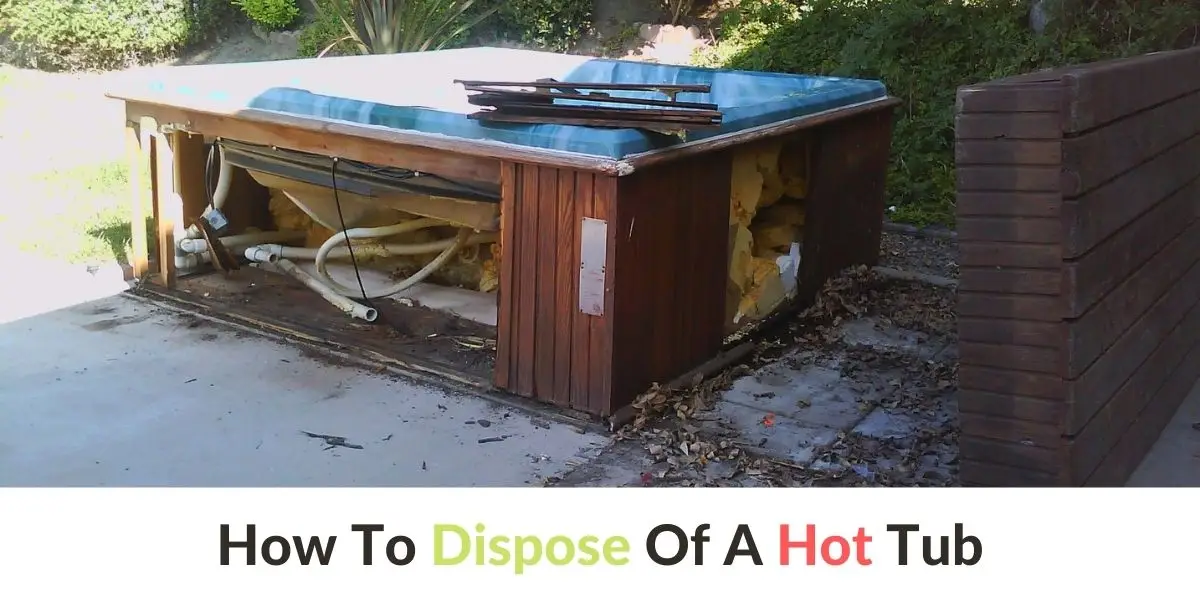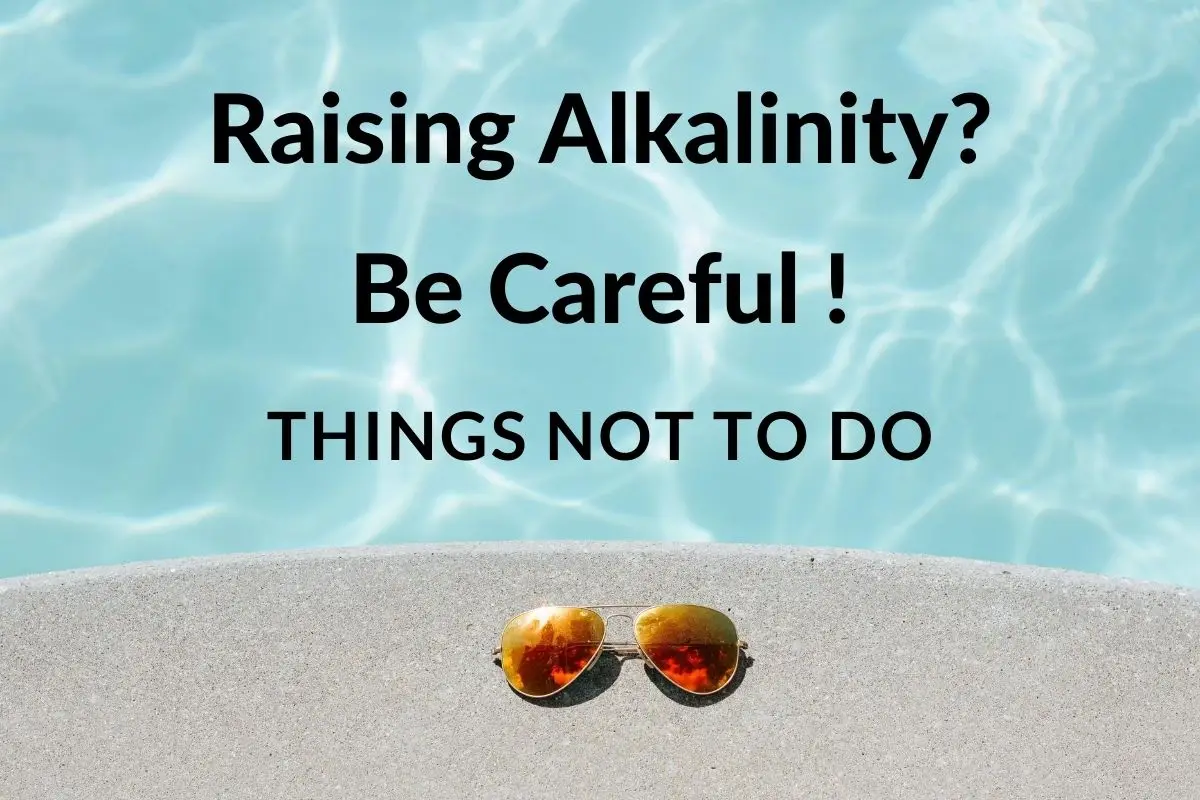Can You Put Antifreeze in a Hot Tub?
No, antifreeze is not suitable for use in a hot tub.
Antifreeze is designed for use in automobiles and other equipment to prevent freezing in cold temperatures, it is toxic to humans and animals and not safe for use in hot tubs or other recreational water environments. It’s recommended to use a water treatment chemical specifically designed for hot tubs to ensure safe and clean water.
Which Antifreeze can be Used in Hot Tubs?
Antifreeze is not intended for use in hot tubs, and there is no safe type of antifreeze that can be used in a hot tub. Using antifreeze in a hot tub can be harmful to humans and animals, and it can also be harmful to the environment. Instead, it’s recommended to use a water treatment chemical specifically designed for hot tubs to ensure safe and clean water. These chemicals can include chlorine, bromine, or minerals like biguanide to disinfect the water, and pH balancers to maintain the proper pH levels in the water.
Is Propylene Glycol safe to be Used in Hot Tubs ?
Propylene glycol is a type of antifreeze that is considered to be less toxic than ethylene glycol, the antifreeze typically used in automobiles. However, it is not recommended for use in hot tubs. While propylene glycol is considered to be less toxic than ethylene glycol, it is still not safe for use in recreational water environments like hot tubs. It can be harmful if ingested, and it can also be harmful to the environment. It’s recommended to use a water treatment chemical specifically designed for hot tubs to ensure safe and clean water. These chemicals can include chlorine, bromine, or minerals like biguanide to disinfect the water, and pH balancers to maintain the proper pH levels in the water.
What Should you not Put in a Hot Tub?
There are several things that should not be put in a hot tub, including:
- Chemicals: Only use water treatment chemicals specifically designed for hot tubs, as other chemicals can be harmful to the water and to users.
- Soaps, lotions, and oils: These products can cause foaming and cloudiness in the water, and can also damage the hot tub’s equipment and surface.
- Food and drinks: Eating and drinking in the hot tub can lead to spills and crumbs, which can attract bacteria and other harmful organisms.
- Glass items: Glass items can break and cause injury or damage to the hot tub.
- Pets: Pets can bring in dirt and bacteria, which can be harmful to the water and users.
- Antifreeze and other toxic substances: Antifreeze, pesticides, and other toxic substances can be harmful to humans, animals and the environment, and should not be used in the hot tub.
What will Ruin a Hot Tub?
There are several things that can ruin a hot tub, including:
- Improper water chemistry: If the pH, chlorine or bromine levels are not properly balanced, it can cause damage to the hot tub’s equipment and surfaces, and can also be harmful to users.
- Lack of maintenance: Neglecting to clean and maintain the hot tub can lead to buildup of dirt, bacteria, and other harmful organisms, which can be harmful to the water and users.
- Overuse: Overuse can cause wear and tear on the hot tub’s equipment and surfaces, which can lead to leaks and other problems.
- Improper use of chemicals: Using the wrong type or amount of chemicals can cause damage to the hot tub’s equipment and surfaces, and can also be harmful to users.
- Allowing foreign objects in the hot tub: Allowing foreign objects such as glass, metals, and other debris in the hot tub can cause damage to the equipment and surfaces.
- Not draining and cleaning the hot tub regularly: Not draining and cleaning the hot tub regularly can cause the buildup of bacteria, mold and other harmful organisms that can cause damage to the hot tub and be harmful to users health.
Is Propylene Glycol the Same as Antifreeze?
Propylene glycol is a type of antifreeze, it is a colorless, odorless, and virtually tasteless liquid that is used in a wide variety of applications as a less-toxic alternative to ethylene glycol, the most common type of antifreeze. It is most commonly used as a coolant in automobiles, but it can also be found in food, cosmetics, and medical products, as well as in industrial and commercial settings. Propylene glycol is less toxic than ethylene glycol, but it still not safe for use in recreational water environments like hot tubs. It can be harmful if ingested, and it can also be harmful to the environment.









